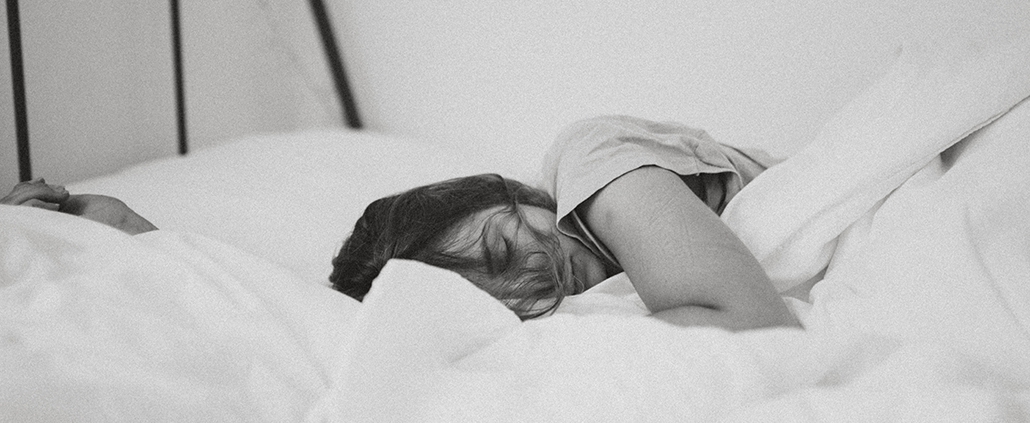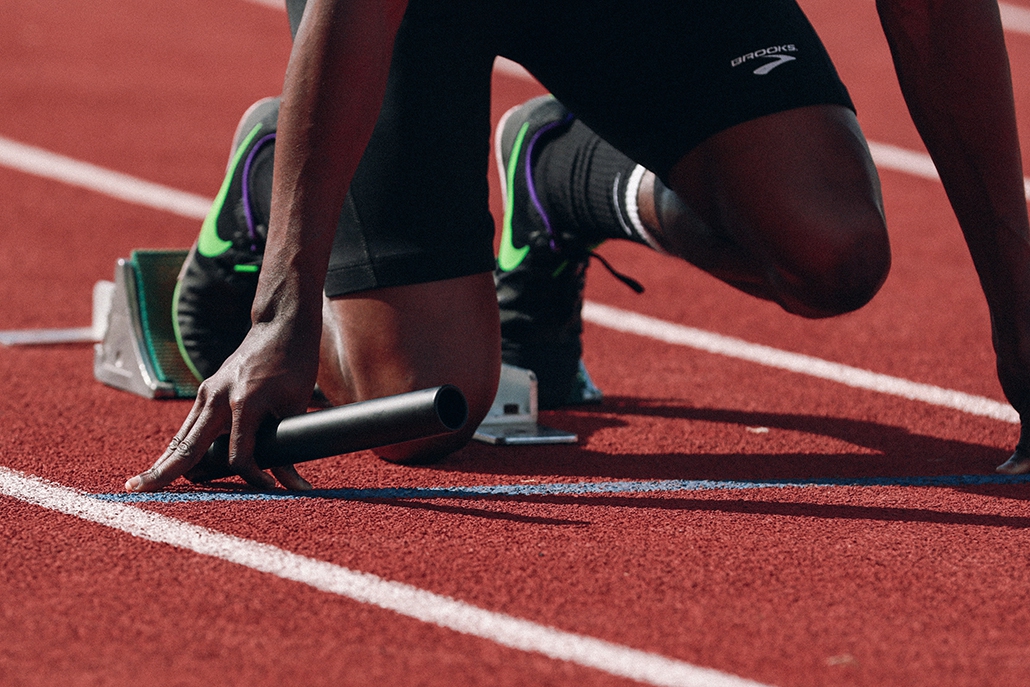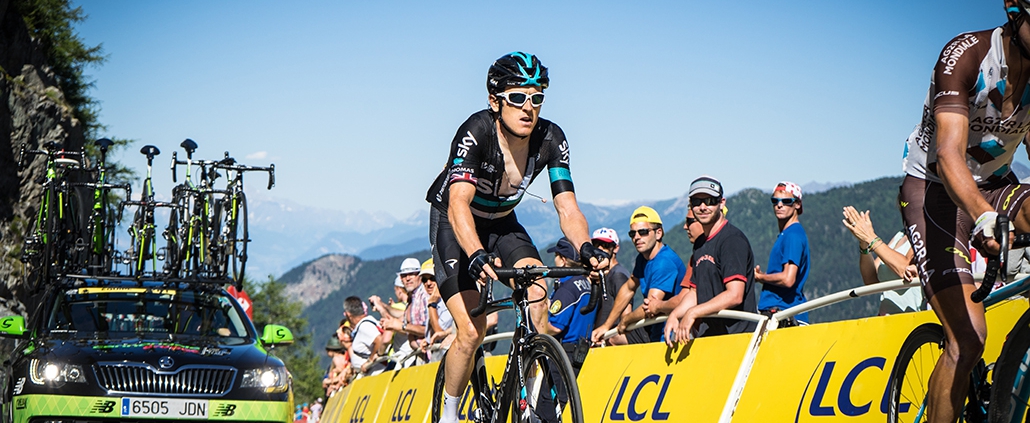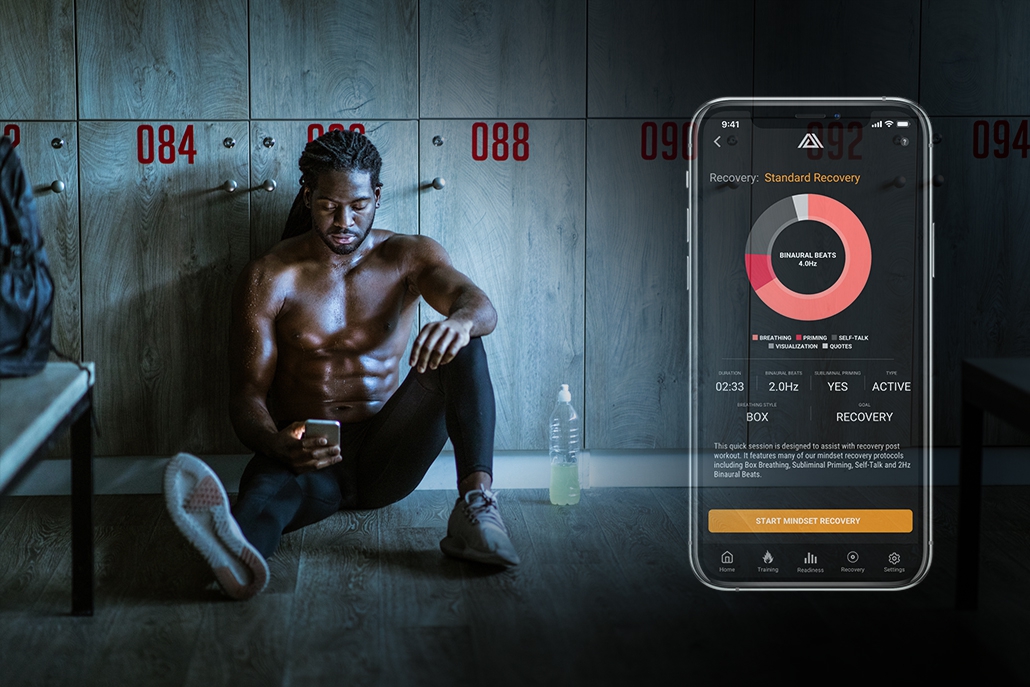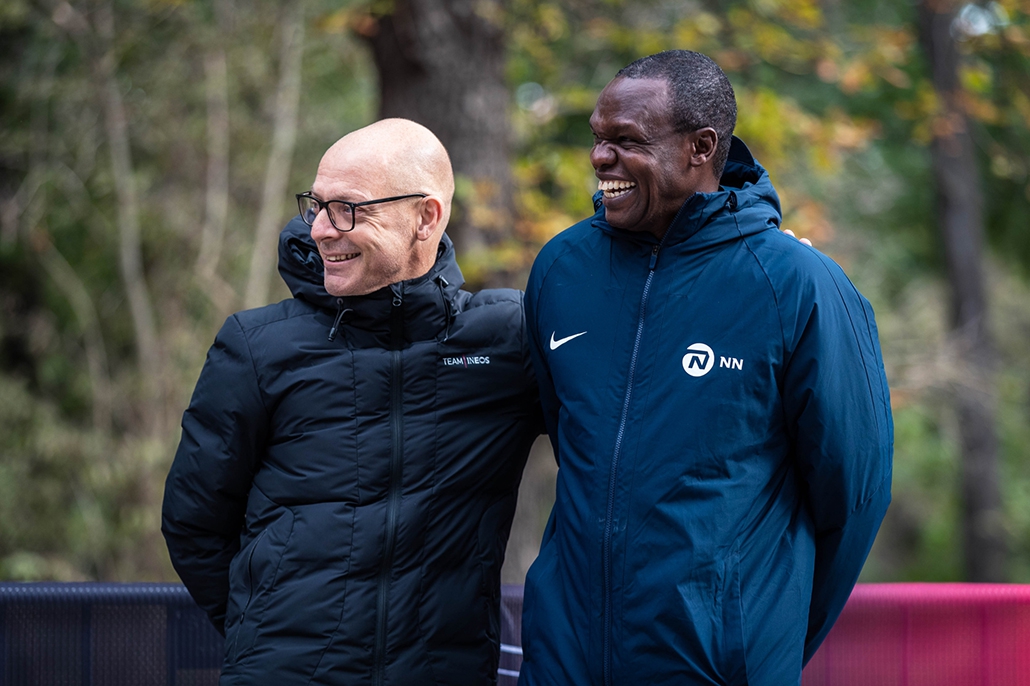Training For The Mind: Getting Comfortable With Being Uncomfortable
To the untrained eye, the reason that we exercise is to simply improve our fitness. We lift to improve our strength and build muscle and we go on long runs, swims or rides to develop our endurance. That is what, at the most basic level, training is all about – improving our athletic performance.
Sometimes I hear people disregard rest days and the importance of recovery. I usually laugh at this as the inner scientist in me cringes. At first glance, this attitude would seem to come from the false belief that improvements in our physiology occur in the gym and whilst exercising, rather than in our sleep and time spent recovering, and for the vast majority of people, it is likely to be true that they are incorrectly taking this ‘no rest’ approach with the aim of improving their fitness.
However, to some, there is more to training than simply improving fitness. To some, training is less about the body, than it is about the mind. Take David Goggins for example, he never has a rest day, and to many, this would seem crazy and futile. But, the most important thing to him when training is the development of his mental toughness. For some people, training is not about improving their body or fitness, these are just welcome bi-products. Instead, training is about the mind. Creating a high level of suffering to develop their mental toughness and themselves as a person.
‘Who on this f**king earth would be going right now? You are! I believed it enough to where my body said: “he’s not gonna stop”.’
David Goggins
I’m certainly not suggesting that you do go at 100% all the time, and you should give yourself time to rest and recover. But we can learn a lot from the mentality shown by Goggins: we should not be using science as an excuse for slacking. In that sense, you would only be cheating yourself. We should
“At dawn, when you have trouble getting out of bed, tell yourself: “I have to go to work — as a human being. What do I have to complain of, if I’m going to do what I was born for — the things I was brought into the world to do? Or is this what I was created for? To huddle under the blankets and stay warm?”
Marcus Aurelius
If we cave in to feelings of needing to stop we our losing an internal battle with our mind, and the mind is immensely powerful. Under conditions of mental fatigue our endurance performance is shown to decrease significantly (1,2). Yet, the science shows that using Neuro Training over a 12-week programme was shown to yield 3x the improvement in athletic performance in a time-to-exhaustion trial (3). By putting our mind under uncomfortable conditions and testing our mental capacities we can break the boundaries of what was previously possible. Learn how we help athletes and those looking to level up their human performance increase their mental resilience.
“That’s one of my big things too is, you know, getting comfortable with being uncomfortable”
Laura Kline – Rewire Athlete
Related Readings:
What is Neuro-Training?
Overview of Rewire’s Neuro-Training System
Brain Endurance Training for Athletes: What You Need To Know
P.S. Try our FREE Online Mental Toughness Challenge!
References
1. Marcora SM, Staiano W, Manning V. Mental fatigue impairs physical performance in humans. J Appl Physiol. 2009;
2. Lopes TR, Oliveira DM, Simurro PB, Akiba HT, Nakamura FY, Okano AH, et al. No Sex Difference in Mental Fatigue Effect on High-Level Runners’ Aerobic Performance. Med Sci Sport Exerc. 2020;Volume Pub.
3. Marcora SM, Staiano W, Merlini M. A Randomized Controlled Trial of Brain Endurance Training (BET) to Reduce Fatigue During Endurance Exercise. Med Sci Sport Exerc. 2015;
Recommended Reading
Can’t Hurt Me
by David Goggins
Meditations
by Marcus Aurelius
The Obstacle is the Way
by Ryan Holiday







